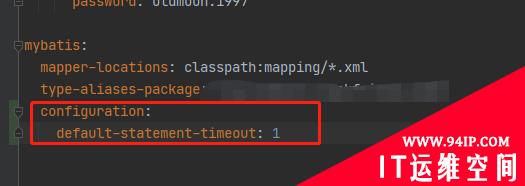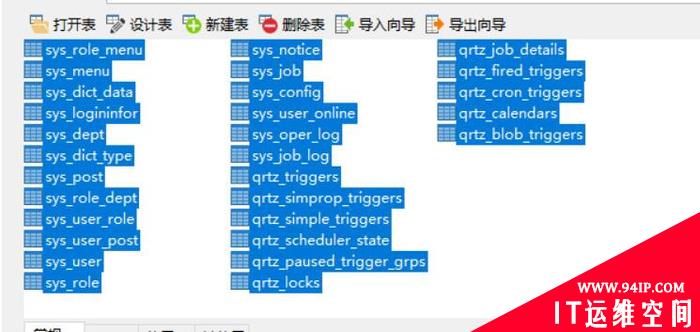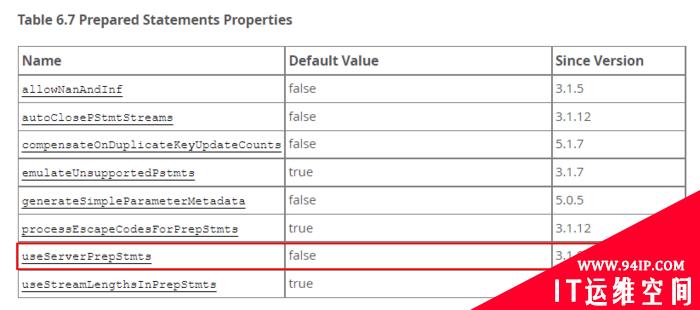select *
from *
where *
group by *
having *
order by *关于select
(1)当调用的不同表中存在相同名称的列时,需要指明表格
select student.name,class.name
from student,class(2)重定义列名
select student.name as stuname --as可以省略(3)当需要重定义的列名与sql保留关键字相同时需要使用双引号
select student.score as "value"(4)使用distinct去重
select distinct(student.score) from student关于from
(1)左右合并表格 a inter join b using(c),以列c为标准,合并表a和表b中列c值相同的行
-- 使用inter join,对于任意一个表格,若列c的值为空则该行数据不显示
from class inter join student using(stuname)
-- 若两个表格中关于同一项值的列名不同,使用“on + 判断”而不是“using()”
from class inter join student on class.stuname=student.name
-- 向左合并(当表a中列c为空时仍然显示表a的数据)left join
-- 向右合并 right join
-- 两个表中列c为空的行都显示 full join(2)上下合并表格union(去重)与union all(不去重)
注意:union(all)要求两次select列数一定要相同,列必须拥有相似的数据类型
from (
select student.age,student.name
from student
union all
select teacher.age,teacher.name
from teacher
) as allmessage -- 一般会起一个名字便于后续使用关于where
(1)查找某个值
where sid='BDT20040'
where sid like 'BDT20%' -- %代指零个或多个字符(2)使用子查询
where SID in (
select SID from class
where class.name='Oracle')
-- not in这里就不写了,用法类似
where exists(
select * from class
where class.name='Oracle' and class.sid=student.sid)
-- exists用于判断查询子句是否有记录,如果有记录返回 True,否则返回 False,与select后接的查找内容无关。not exists 同理(3)判断是否为空
where sid is not null关于group by
当select中使用聚合函数时,非聚合函数项需要添加到group by中
常见的聚合函数有:avg()、count()、max()、min()
关于having
对于使用聚合函数的列,我们使用having的方法进行筛选
select class.name,max(score)
from class inter join student on class.stuname=student.name
group by class.name
having max(score)>80关于order by
order by student.score
-- 默认为从小到大,可以设置为desc,改为从大到小其他
(1)取整函数 round
select round(1.245,2) from dual
--四舍五入到两位小数,其中2可以省略,若省略则默认四舍五入到整数。dual表示空表。
select draw_time,trunc(draw_time) from usershi
--日期型数据也能实现取整,执行时舍去时分秒,不会进位。![[Oracle]复习笔记-SQL部分内容](/zb_users/upload/2023/02/25/20230213095820-63ea09bc55070.jpg)
(2)关于空值 null
- 空值在判断值是否相等时(=、in)返回无法判断(不相等)
- 但在使用group by时,空值会被视作同一项(相等)
- count(字段/NULL) 不统计NULL值,count(null)=0
转载请注明:IT运维空间 » 运维技术 » [Oracle]复习笔记-SQL部分内容








![[ORACLE]查看SQL绑定变量具体值 查看SQL绑定变量值](https://www.94ip.com/zb_users/theme/ydconcise/include/random/2.jpg)









发表评论